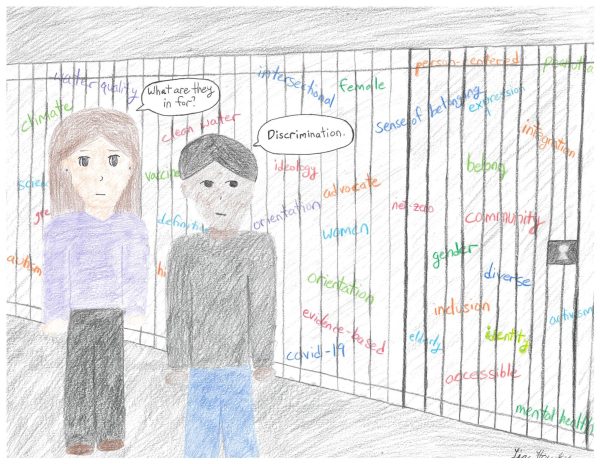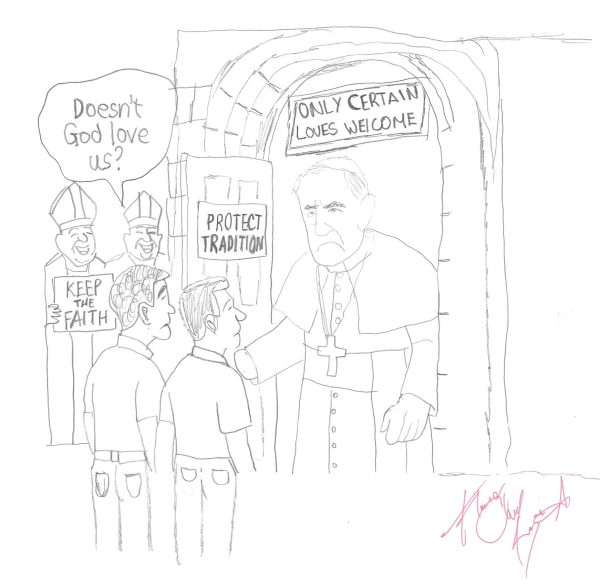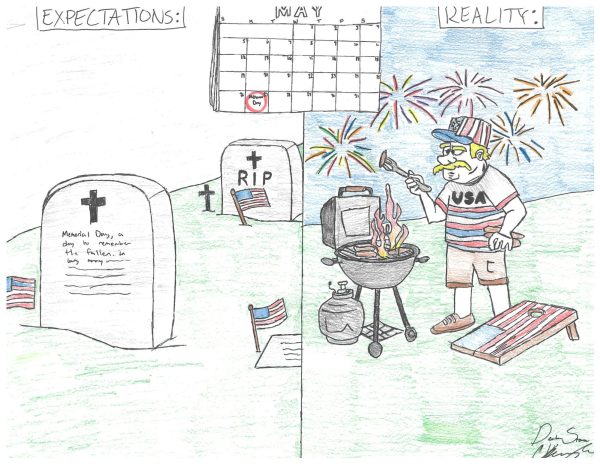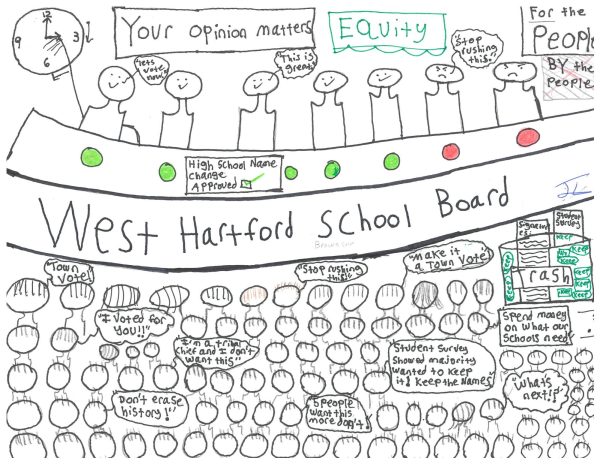Holiday Edition 2020
With the coldest part of the year rapidly approaching, global warming is most likely not at the top of your mind.That’s totally understandable, especially this year. However, just because it may feel cold outside, it doesn’t mean the Earth isn’t heating up. In fact, it means just the opposite.
There’s no disagreeing that winter in Connecticut isn’t cold; 30 degrees is far from pleasant. However, the fact that the planet is warming does not at all mean that it will be like the tropics all year round (at least not in the very near future). In fact, our last winter (2019) was the second warmest ever recorded. What’s happening to us is a sort of tolerance phenomenon. As the Earth warms, we become more comfortable with warmth and more sensitive to cold. It’s very difficult for us, as New Englanders, to notice the changes. After all, climate is a general trend over a long period of time. So, just because you feel cold one day doesn’t mean climate change isn’t real. After all, 2020 is set to be the warmest year on record.
Specific to the Northeast, our winters are warming at almost three times the rate of our summers. To put this in more Hall-friendly terms, it means a lot less skiing, snowboarding, and hockey in the future. You may wish that summer lasted the whole year, but the grass is always greener on the other side. I realize I probably sound really morbid with this point of view. And I am, at least a little bit. Global warming is a real issue that should be taken more seriously than it currently is. The good news is that we’re not at a dead end yet. A lot of people like to say that if we just recycle more, or we use less paper towels, then climate change would be eradicated. I get why people say that: it sounds doable. Really, though, it’s hard for us as individuals to make a difference in such a widespread problem. Most of it has to do with energy and carbon emissions.
The big question is, what can we do to help. Reducing your carbon footprint can present itself as a challenge for people, especially because things like solar panels and organic foods are typically pricier than other alternatives. However, there are many low-cost (or even free) things that you can do to help. One thing that costs you no money is using cold water instead of hot water to do your laundry. This actually saves you money because it lowers your hot water bill. Plus, it consumes less energy. Another relatively easy option is to try and stick to buying food that’s in season. If we do this, there will be less need for exports and imports, therefore reducing the emissions from cargo boats, freight trains, and the like. Buying in-season produce also tastes better! A third suggestion is to shop second-hand when possible. The production of clothes makes up for 10% of our carbon emissions, so recycling clothes can help reduce that.
In the end, climate change is not so much the fault of the Average Joe. The blame really falls on those big companies that we can’t control. That’s not to say that we shouldn’t try, though. It’s still important to limit your waste and energy consumption, because we only have about a decade before the damage we’ve done is irreversible. Science is real, and it isn’t going anywhere. There’s no reason to ignore it.





